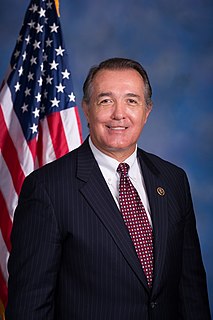A Quote by Ron Kind
More important is the fact that embryonic stem cell research could lead to new treatments and cures for the many Americans afflicted with life-threatening and debilitating diseases.
Related Quotes
If out of concern over cloning, the U.S. Congress succeeds in criminalizing embryonic stem-cell research that might bring treatments for Alzheimer's disease or diabetes - and Dr. Fukuyama lent his name to a petition that supported such laws - there would be real victims: present and future sufferers of those diseases.
































